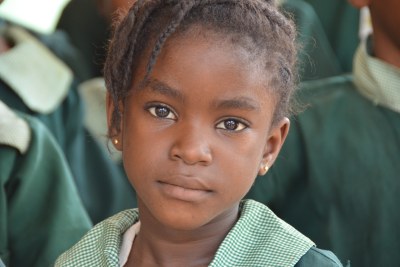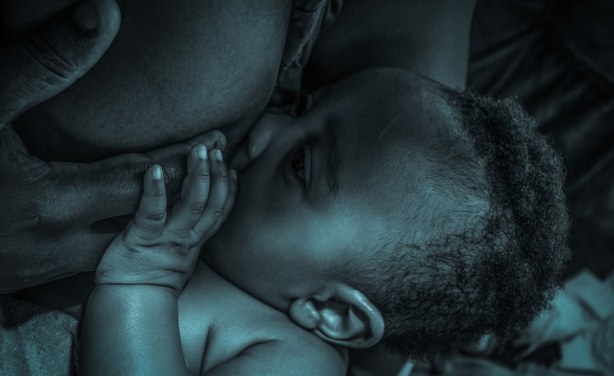-
Kenya: Community Initiative Keeps Women Breastfeeding Exclusively for Longer
The Conversation Africa, 30 July 2021
Exclusive breastfeeding in the first six months, as recommended by the World Health Organisation, is vital for child growth and survival. Exclusive breastfeeding means that the… Read more »
-
Africa: Hunger, Mothers and Infants - Whose Job Is It to Protect Breastfeeding?
WFP, 2 August 2021
To mark World Breastfeeding Week we pay homage to the people who step up daily to help vulnerable mothers and babies Read more »
-
Nigeria: UNICEF, WHO Decry Low Rate of Exclusive Breastfeeding in Nigeria
Vanguard, 2 August 2021
As the world marks this year's World Breastfeeding Week, the United Nations Children's Fund, UNICEF, and the World Health Organisation, WHO, have faulted the rate of exclusive… Read more »
-
WHO, 1 August 2021
At the start of this year, governments, donors, civil society and the private sector united to launch the Nutrition for Growth Year of Action. The Year of Action is a historic… Read more »
-
Zimbabwe: Parliament Launches Breastfeeding Facility for Sitting Legislators
263Chat, 19 March 2021
The Parliament of Zimbabwe has launched a breastfeeding facility for lactating legislators to nurse their babies during sittings as a move to promote breastfeeding at work scheme… Read more »
Kenyan Community's Plan for Breastfeeding Exclusively
Exclusive breastfeeding in the first six months, as recommended by the World Health Organisation, is vital for child growth and survival. Exclusive breastfeeding means that the infant receives only breast milk. This is because breast milk has adequate amounts of nutrients and water required for healthy growth as well as immune factors required for the development of the infants immune system in the first 4-6 months of life.
Other benefits of breastfeeding include protection against common childhood illnesses such as diarrhoea and pneumonia, and infant death. Scaling up exclusive breastfeeding can prevent 823,000 child deaths every year, and protect against diabetes.
One initiative to address varying breastfeeding patterns is the baby friendly hospital initiative. Launched in 1991, it aims to scale up 10 interventions in maternity facilities to support successful breastfeeding. The initiative has been effective in promoting exclusive breastfeeding during the first weeks, but not as effective in sustaining it through to the recommended six months, writes Antonina Mutoro And Elizabeth Kimani-Murage for The Conversation.
To mark World Breastfeeding Week, in a joint statement by the Executive Director of UNICEF, Henrietta Fore and the Director-General of the World Health Organisation, WHO, Dr. Tedros Adhanom Ghebreyesus, have urged countries to ensure the International Code of Marketing of Breastmilk Substitutes - established to protect mothers from aggressive marketing practices by the baby food industry - is fully implemented by governments, health workers and industry.
InFocus
-
At the culmination of World Breastfeeding Week, two women - both mothers - who are fierce advocates for saving the lives of women and children say that without better care and more ... Read more »
-
As the world marks the breastfeeding week, new mothers - even those with Covid-19 - have been advised to continue nursing their babies, despite the fear of transmitting the virus ... Read more »
-
Members of parliament who said the National Assembly was "not the right place" for Kwale Woman Representative Zulekha Hassan to bring her breastfeeding 5-month-old baby have been ... Read more »




